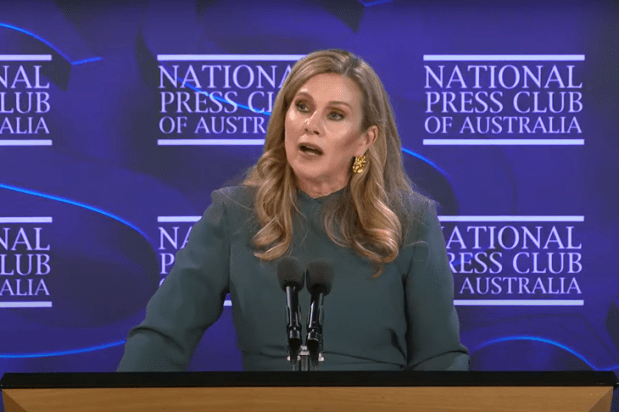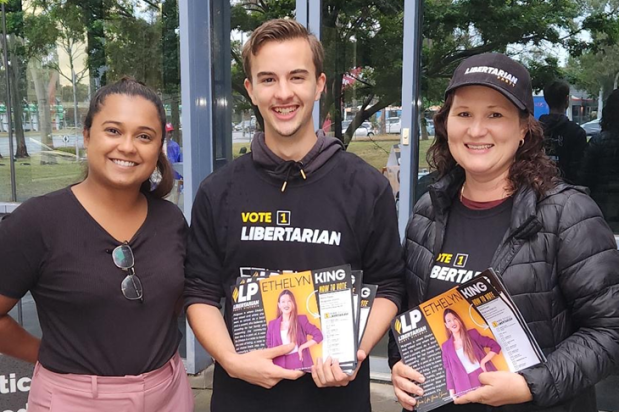On Sunday the April 21, Peter Dutton told David Speers of the ABC Insiders program that when it came to tougher regulations for social media companies and online content, there was ‘a bipartisan position’.
Amidst the media and online firestorm that followed the attempts by the eSafety Commission to force X to takedown ‘harmful content’ worldwide, Dutton quickly backtracked and was at pains to say that he didn’t support ‘silly’ global takedowns.
Many supporters (or would-be supporters) of the Liberal party breathed a sigh of relief, and urged others to see that Dutton didn’t really mean he agreed with the ALP on digital censorship.
The Libertarian Party, fresh from our own brush with the censorious ways of the Liberal National coalition in their attempt to prevent us from using two letters of the alphabet as our party logo, were more sceptical.
On Wednesday June 5, Dutton used a question time response to say, ‘Many of these [social media] companies operate in a lawless environment and have no regard for the rule of law.’
He went on to opine that ‘Julie Inman Grant is one of the finest public servants in the employment of the Commonwealth of Australia’ and that he hoped the AFP would prosecute those who had been engaging in personal attacks on her.
Dutton’s comments put it beyond any question that on digital censorship, the bipartisan position is alive and well.
A dazzling array of attacks on free speech are currently on the legislative agenda, or not far offstage waiting for a convenient pretext to re-emerge.
The Misinformation and Disinformation Bill is currently in redrafting purgatory after a tidal wave of responses, the overwhelming majority of them negative, bombarded the draft bill consultation process.
After noting on X the failure by ACMA to display the submission made by the Libertarian Party, I was personally called late one weeknight during the Christmas holiday shutdown by a senior public servant who assured me in panicked tones that ‘it was a technical error’.
The Online Safety Act 2021 which gives Ms Inman Grant her broad and sweeping powers (ironically pointed out and flagged as a problem by the Greens crossbench in the Senate) is up for statutory review, and this in tandem with a ‘digital harms’ inquiry looks sure to recommend even further powers for the commission.
The Religious Discrimination Bill 2021 has been revived, with the ALP saying that their proposal of the Bill was conditional on bipartisan support from the coalition – with the coalition not having yet given a definitive answer.
The Bill proposes to introduce protections for those discriminated against on the basis of their sexuality by Catholic and other religious private schools.
Finally, proposed federal hate speech laws would see the Commonwealth introduce legislation similar to that already found in Victoria, where language intended to hurt or belittle others on the basis of ‘protected characteristics’ (including sexual orientation and gender) is made a criminal and civil offence.
The justification for this lurch towards censorship is difficult to understand, and misreads the sentiment of the community, particularly amongst voters under 40 whom the coalition desperately needs to win over in order to govern.
Time and again, the Liberal Party have failed to defend free speech, and if Peter Dutton’s glowing praise for Julie Inman is anything to go by, Australians must now look to other parties to do so.
Jordan Dittloff, Lead Senate Candidate of the Libertarian Party in Victoria

























